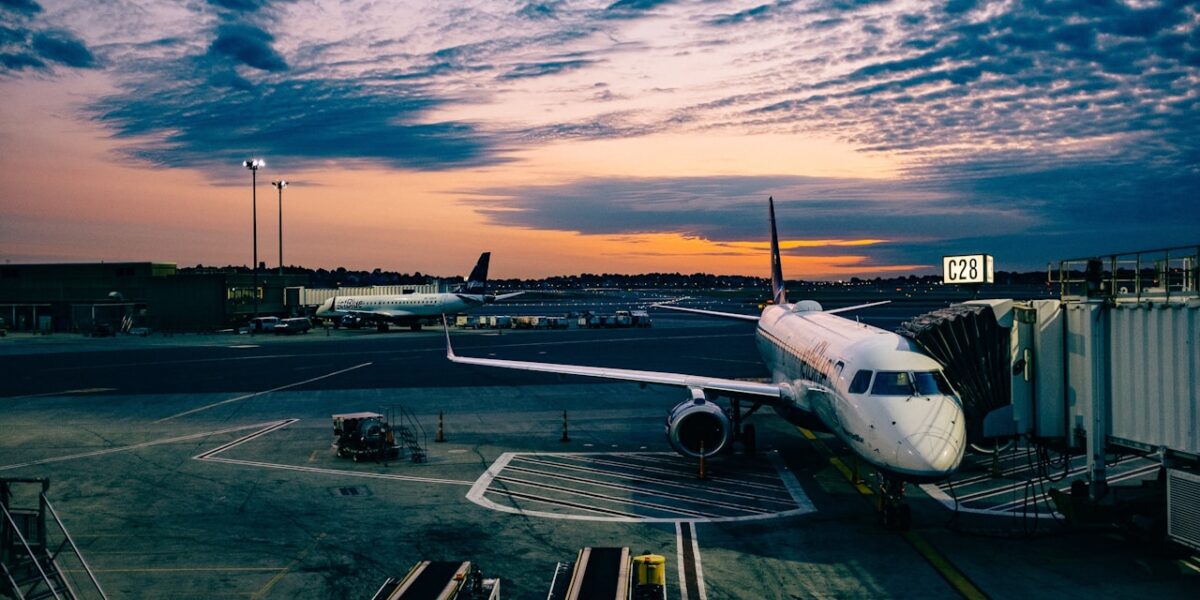Spirit Airlines Flight Attendant
I was on a Spirit flight last summer when the flight attendant made an announcement that actually made the whole cabin laugh. In an industry where everything can feel scripted, there was something refreshing about her personality coming through. It got me thinking about what it’s actually like to work as a flight attendant at an ultra-low-cost carrier like Spirit – where the business model is fundamentally different from legacy airlines.

What the Job Actually Involves
The primary role hasn’t changed since aviation began: ensuring passenger safety. Spirit flight attendants conduct pre-flight checks, deliver safety demonstrations, and monitor the cabin throughout the flight. If something goes wrong medically or otherwise, they’re the first responders until the plane lands.
But here’s where Spirit differs from traditional carriers: customer service happens in a more constrained environment. The ultra-low-cost model means attendants work with limited resources while managing passenger expectations that might not align with what they’re getting. On top of that, they handle sales duties – offering food, beverages, and other items for purchase. It’s a different skill set than what you might find at a full-service airline.
Getting the Job
Spirit requires what you’d expect: high school diploma or GED, ability to pass medical and background checks. Customer service experience helps. But what really matters is surviving their training program – weeks of intensive instruction covering safety procedures, first aid, customer service approaches, and Spirit’s specific operational methods. Multiple tests ensure candidates genuinely understand the material.
The Day-to-Day Reality
Let’s be honest: this job is physically demanding. Standing for hours. Lifting luggage into overhead bins. Working in cramped spaces. Schedules include nights, weekends, holidays, and plenty of time zones. Jet lag becomes part of life.
But there’s something the job offers that most careers don’t: travel. Meeting people from everywhere. A certain camaraderie develops among crew members who navigate the unique challenges of low-cost aviation together. That shared experience bonds people in ways desk jobs rarely do.
Moving Up
Spirit offers advancement opportunities. Flight attendants can become leads or supervisors, with corresponding increases in responsibility and pay. Some move into corporate roles – training, HR, operations. The airline encourages professional development and provides pathways for those who want them.
The Honest Challenges
Working for an ultra-low-cost carrier has its difficulties. Limited resources mean creative problem-solving when passengers expect more. The budget airline sector faces competitive pressures that can translate into job security concerns. And dealing with frustrated passengers – people who perhaps didn’t fully understand the bare-bones model when they booked – requires patience and thick skin.
Conflict resolution skills matter more than you might think. Flight attendants mediate disputes, enforce policies, and maintain calm – all while keeping their professional composure. It’s harder than it looks.
The Communication Challenge
Spirit’s a la carte model – where almost everything costs extra – requires clear communication. Flight attendants explain why there’s no free snack, why seat selection costs money, why baggage fees exist. This can be awkward, but most passengers appreciate honesty about what they’re getting.
Special requests are part of every flight. Dietary needs, mobility assistance, language barriers, anxious flyers. Addressing these efficiently while keeping the cabin moving requires skill and genuine care.
What You Earn
Compensation is competitive for the industry. Base pay varies by experience and seniority. Per diem allowances cover expenses during layovers. Benefits include health insurance, retirement contributions, and the travel perks that make airline employment attractive. Employees and eligible family members can fly at significant discounts.
Working with Diverse Crews and Passengers
Spirit serves domestic and international destinations, meaning flight attendants encounter passengers from many backgrounds. Cultural sensitivity matters – understanding that communication styles and expectations vary globally. The same applies to crew members themselves, who often come from diverse backgrounds and bring different perspectives to the job.
Technology in the Role
Modern flight attendants use digital devices for flight information, passenger details, and real-time updates. Technology has streamlined processes that used to require paper and manual tracking. Staying current with these systems is part of the job.
The Pandemic’s Legacy
COVID-19 changed aviation permanently. Spirit implemented health protocols that added responsibilities – enforcing mask requirements, distributing sanitizing materials, managing social distancing when possible. Some of these practices continue. Flight attendants had to adapt quickly to new procedures while maintaining service quality and passenger confidence.
What Comes Next
The industry keeps evolving. Technology advances. Passenger expectations shift. Safety protocols update. But the core of the flight attendant role – safety, service, and handling whatever happens at 35,000 feet – remains constant. Spirit flight attendants will continue adapting while delivering on those fundamentals.
Getting Hired
The recruitment process starts with an online application, followed by interviews and assessment exercises. Evaluators look for communication skills, stress management, positive attitude, and understanding of the low-cost business model. It’s competitive, but those who fit the culture tend to thrive.
Looking the Part
Uniform and appearance standards ensure professional consistency. Guidelines cover grooming, makeup, accessories – everything that contributes to the polished image passengers see. It’s about presenting a cohesive brand while remaining functional for the physical demands of the job.
The Bottom Line
Flight attendant careers at Spirit combine safety responsibilities, customer service, and sales in a unique package. The challenges are real – the low-cost model creates constraints that full-service carriers don’t face. But for those who fit the culture, it’s a rewarding career with travel opportunities, advancement paths, and the satisfaction of mastering a demanding role.
Related Articles
Continue exploring:
- Scaling New Heights: Helicopter Flight Limits Explained
- Revolutionizing Aviation: Discover the Incredible TBM 960
- Precision Power: Enhancing Vans with Laser Cut Parts

